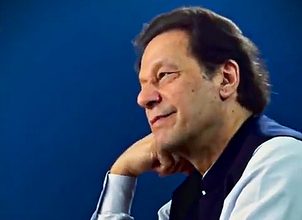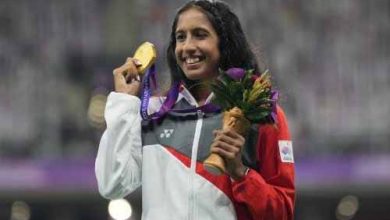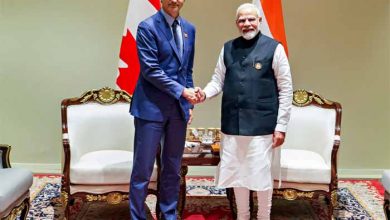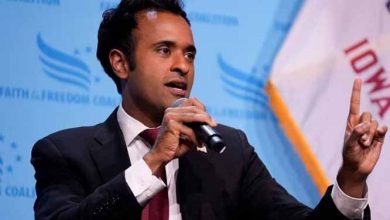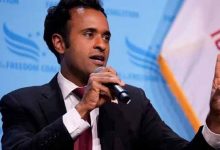Merkel’s likely heir favours her centrist path in Germany

Duesseldorf, Jul 02 (AP):
As a child of the Cold War in West Germany, Armin Laschet remembers when then-US President Ronald Reagan came to Berlin in 1987, stood at the barrier separating East from West, and said, Tear down this wall! For many West Germans, that was a utopia that didn’t seem realistic, but which fulfilled itself in the end, said Laschet, who is seeking to succeed Angela Merkel as chancellor in the country’s Sept. 26 election. The 60-year-old governor of North Rhine-Westphalia, Germany’s most populous state, is still grateful that in his youth the Americans were reliable guarantors of peace and stability against the Soviet Union.
They were always there for us, they secured the freedom of Berlin, Laschet said in an interview this week with The Associated Press at his office in the western city of Duesseldorf. For Laschet, close US relations are of utmost importance as Merkel steps down after nearly 16 years in power. He hopes to advance progress on global challenges with the help of a new US leader, President Joe Biden. Recent polls give the Union bloc a 7-10 percentage-point lead over the environmentalist Greens, making Laschet a front-runner to become the leader of Germany, with Europe’s biggest economy. The bloc is made up of his Christian Democratic Union party and the Bavaria-only Christian Social Union party. In his interview with AP, Laschet expressed relief that Biden has brought the US back into the leadership of international challenges, such as global warming, after the Donald Trump administration. It is good that the new American administration has returned to multilateral agreements and has rejoined the Paris climate accord, Laschet said. I have big hopes that under the leadership of the US, which has dedicated itself to this goal politically, economically and also financially, we will manage to bring about a big push forward.
He is more reserved about Biden’s assertive stance on China, favouring Merkel’s firm but not so confrontational approach. China is a partner, but a systemic rival, and that means we have to keep our principles up, continue to remind China about them, but at the same time foster our economic relations to China,” he said, adding that this is true of other countries that aren’t close Western allies.
Wherever countries have a model of society that is different from ours, we need to win them over to join us whether it is Russia, China or the Arab world.
Like Merkel, Laschet is known as a centrist favouring integration over polarisation. So far, he has been guarded in deviating from her successful middle-of-the-road path on domestic issues.
Currently, Laschet appears to all of us like a Merkel 2.0 light version, said Wolfgang Merkel, a political analyst at Berlin’s Social Science Center and no relation to the chancellor. He has not distinguished himself as somebody who will do politics differently from Merkel. In many ways he is so much alike her that he cannot differentiate himself from her.
Laschet is somebody who can build bridges as a political leader, somebody who mediates, who can make compromises, he added. “He is not a macho politician. So far, Laschet hasn’t taken positions glaringly different from those of the outgoing chancellor.
I don’t think he will really do that until the election, the analyst said.
He’s extremely careful. The slogan right now is: Don’t make any mistakes now in the final spurt of the campaign.
Laschet is the son of a miner in Aachen, a university town on Germany’s western border with Belgium and the Netherlands. A slim man with a shock of dark hair and a mischievous smile, he still speaks in the region’s singsong dialect.


